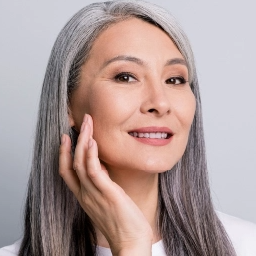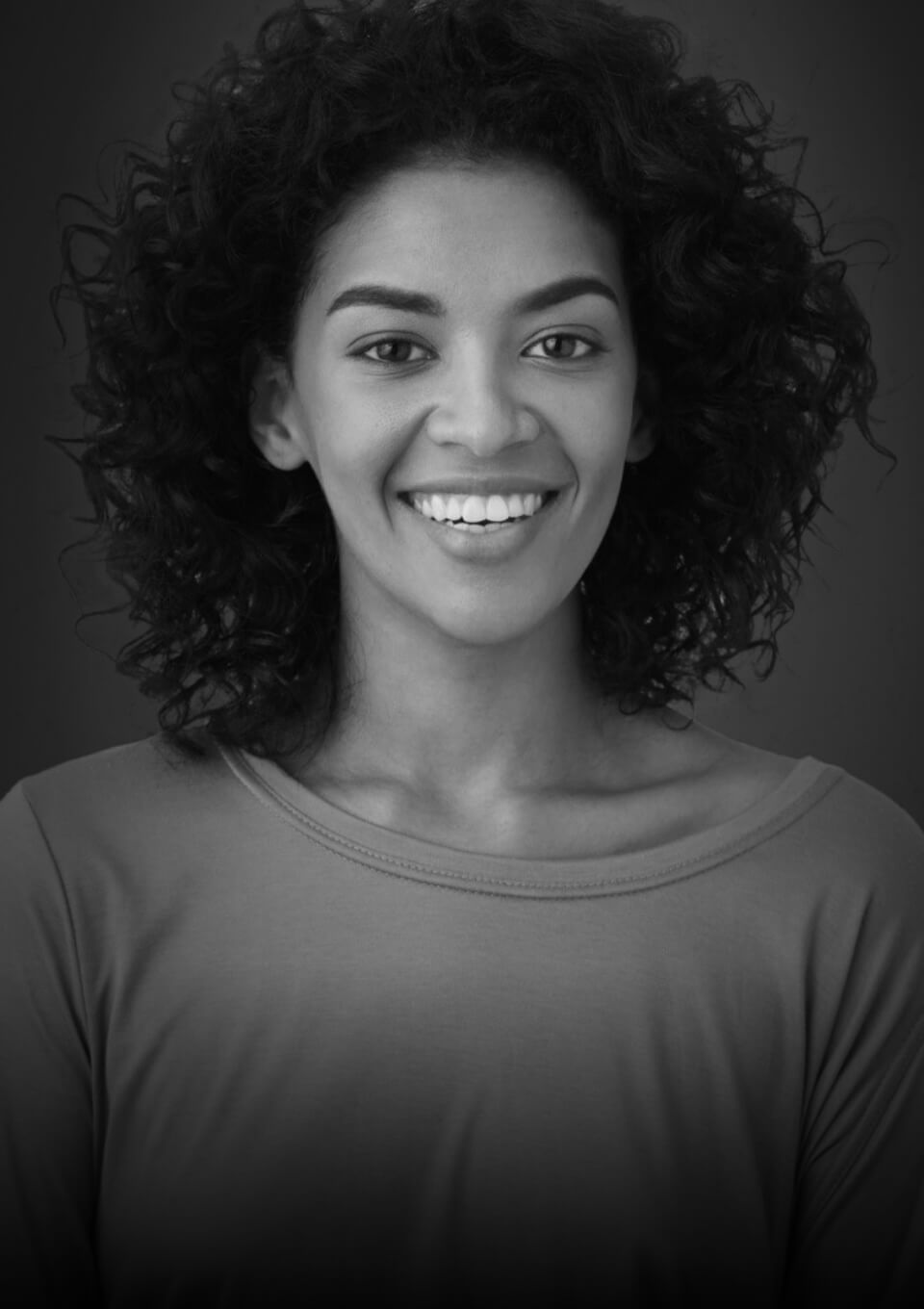Skin cancer is the most common type of cancer worldwide, and it tends to be highly visible, too. Because most skin cancers are caused or exacerbated by the sun’s ultraviolet rays, cancerous lesions often appear on the face.
If you have skin cancer, it’s important to remove it as soon as possible to preserve your health. A highly specialized procedure called Mohs surgery has a 99% cure rate for new skin cancers — including early melanomas — and a 94% cure rate for recurrences. Mohs surgery leaves only a small scar, making it the optimal choice for most facial skin cancers.
Paul Yamauchi MD, PhD, has undergone the specialized training required for Mohs surgery and has many years’ experience curing skin cancer with the procedure. At Dermatology Institute & Skin Care Center, located in Santa Monica, California, he removes your lesion so you may be cancer-free in just one day.
Here’s a guide to what to expect with Mohs surgery. By preparing yourself beforehand, you’ll be ready and comfortable the day of your procedure.
Discontinue blood-thinners
Even though Mohs surgery is minimally invasive — Dr. Yamauchi only removes a thin layer of tissue at a time — you may bleed a little. Therefore, a couple of weeks before your procedure you should discontinue taking medications, supplements, or even foods that act as blood thinners, such as:
- Aspirin
- Ibuprofen
- Gingko biloba
- Garlic
- Ginger
- St. John’s Wort
You should also stop smoking and discontinue alcohol consumption before your surgery. We give you a full list of substances, herbs, and medications to avoid when you come for your consultation.
Pack a lunch and activities
Mohs surgery is a one-day procedure but be prepared for it to take several hours. Dr. Yamauchi removes a thin layer of the lesion and surrounding skin and then must examine it under a microscope to determine if it contains any cancerous cells.
You spend a great deal of your procedure waiting for Dr. Yamauchi to examine each layer of tissue that he removes. So pack water and snacks in case you get hungry. Be sure to bring your smartphone, reading materials, or a tablet so you can read or work while you wait.
First, we examine and prep you
When you arrive for your Mohs surgery, we may have you change into a hospital gown if the lesion is on your body. If it’s on your face, you can stay in your street clothes.
We then clean your skin and use a pen to mark the lesion that’s going to be removed. You may either sit or lie down for the procedure, depending on where the cancer is located. We numb the treatment area with an anesthetic.
If the lesion is on your face, Dr. Yamauchi may place a surgical drape over it for protection. He then talks to you during every step of the procedure, so you know what’s happening.
Next, our team examines tissue
When you’re numb, Dr. Yamauchi uses a scalpel to remove a thin layer of tissue, which he color codes with dyes. He bandages your wound while the layer is prepared and examined.
A lab technician freeze-dries and meticulously slices the layer into even thinner slices, and places them onto microscope slides. After the slides are ready, Dr. Yamauchi examines them under a microscope to determine if cancerous cells are present.
He continues removing layer after layer until he reaches a point where no cancerous cells are visible under the microscope. If your skin cancer extends deeply into the skin layers or beyond, he may refer you to an oncologist for chemotherapy or radiation therapy.
Focus on relaxing
It’s normal to feel nervous about any procedure, especially one that involves your health. Practice deep breathing, meditation, or just listening to music or other soothing messages with earphones while you undergo Mohs surgery.
You should also focus on relaxing activities after your lesion’s been removed, the wound is sutured, and you’re cancer-free. You may need to curtail your activities for a few days or weeks. Also, be sure to protect the area from the sun with a hat or clothing, and wear sunscreen on exposed areas of your skin.
Don’t ignore new moles or lesions on your skin or changes in your pre-existing moles. If you have skin cancer or think you might call our friendly staff to schedule a consultation or Mohs surgery today. You can also send us an online message.











